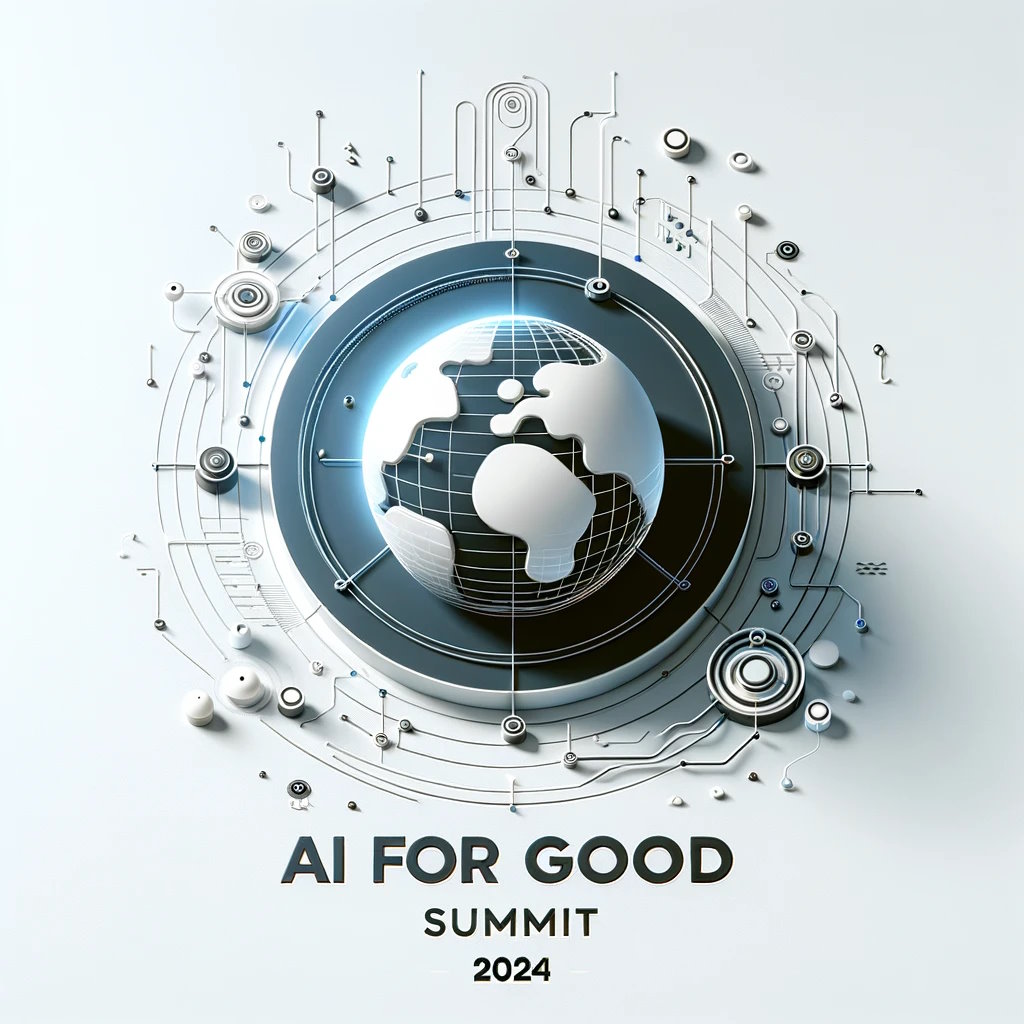Amidst the backdrop of the EU’s regulatory advancements, the recent AI for Good Summit in Geneva brought together global leaders, innovators, and policymakers to discuss the future of artificial intelligence. Doreen Bogdan-Martin, Secretary-General of the ITU, delivered a keynote speech emphasizing the critical juncture at which humanity finds itself with AI, urging for immediate, inclusive, and responsible action.
Bogdan-Martin began by acknowledging the contributions of over 40 partner UN agencies, the Government of Switzerland, sponsors, and the diverse range of speakers and participants. She underscored the ongoing digital divide, highlighting that one-third of humanity remains offline and excluded from the AI revolution.
“This digital and technological divide is no longer acceptable,” she stated. “We are the AI Generation. This is our moment and responsibility to write the next chapter in the great story of humanity and technology — and make it safe, inclusive, and sustainable.”
Three Pillars for AI Governance
Bogdan-Martin outlined three key pillars essential for inclusive and responsible AI governance:
Risk and Security Management: Emphasizing the need for harmonized AI standards to ensure safety, security, and ethical practices, she called for greater focus on risk monitoring, incident reporting, and content authentication.
Infrastructure and Resource Development: She highlighted the concentration of AI investments in a few countries and stressed the importance of skills development and diverse, high-quality datasets to create robust and unbiased AI systems.
Addressing the Digital Divide and Regulatory Frameworks
She urged the inclusion of developing and least-developed countries in the AI conversation, pointing out the risk of fragmenting the governance landscape. “We need global coordination to build safe and inclusive AI that is accessible to all,” she said, reinforcing the call for universal participation in AI governance.
Bogdan-Martin also highlighted recent regulatory efforts, including national and regional initiatives that, despite varying approaches, share common principles. She cited the UN General Assembly’s historic resolution on AI, promoting safe, secure, and trustworthy systems.
The Role of AI in Sustainable Development
The keynote emphasized AI’s potential to accelerate progress on 70% of the Sustainable Development Goals (SDGs). She mentioned over 400 UN projects using AI across all 17 SDGs, showcasing examples like Bioniks, a Pakistani startup designing bionic limbs, and Ultrasound AI, a women-led US startup improving prenatal care in Ghana.
Bogdan-Martin called for AI innovations to be inclusive and highlighted the need for AI systems to be safe, secure, and trustworthy. She expressed concern over AI misuse, such as deepfakes and disinformation campaigns, which threaten democracy and mental health, particularly in the context of the upcoming election year.
Conclusion: A Call to Action
In conclusion, Bogdan-Martin urged stakeholders to collaborate and develop AI technologies that prioritize humanity. “Instead of asking what role humanity will play in AI’s future, we should be asking ourselves what role AI will play in humanity’s future,” she said. She closed with a call to meet the moment and write the next chapter in the story of humanity and technology responsibly.
For more details on the summit and its initiatives, you can visit the AI for Good Summit website.


